Image above: Dragon Bridge Scroll of the Mien or Yao People.
Image credit: Edinburgh University Library Special Collections (ref: Coll-1977)
Love and Gardens
Garden Museum Archives
Letters from Harriet Dench (1774-1873) to nurseryman William Pamplin (1768 – 1844) of Chelsea
The letters detail their long-distance courtship, engagement, and the establishment of the plant nursery on King’s Road, Chelsea, London. Their correspondence is an amazing insight into the life of an unmarried daughter of a lower middle-class family at the turn of the 18th/19th century. The couple married in 1806.
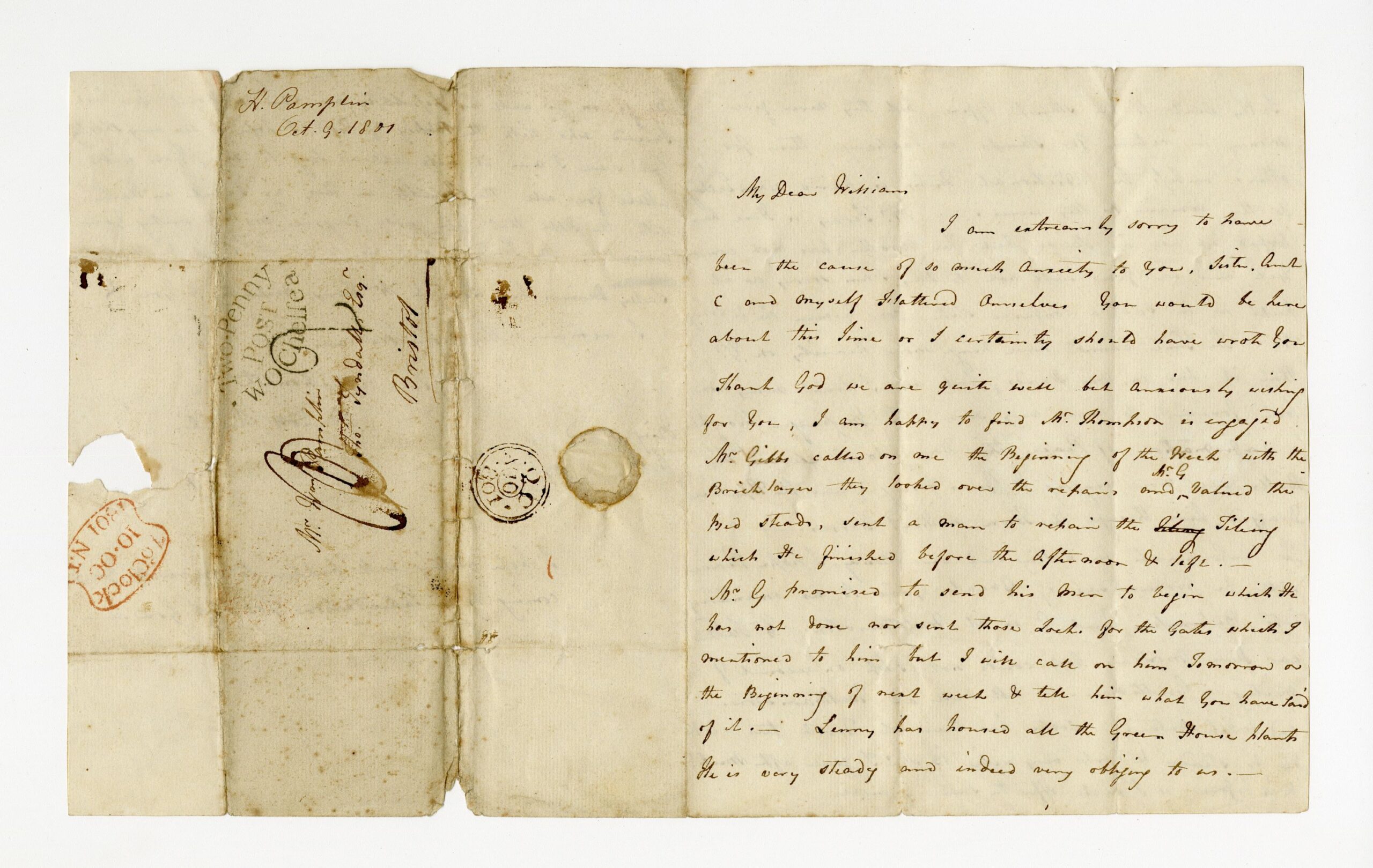
Image credit: Garden Museum (ref: ARC-2020-003; PAM)
Kingston History Centre
Notebook and diary of A.W. Wheatley (active 1875), gardener
We do not know exactly who A.W. Wheatley may have been. However, a later note inside the book says that the Wheatley family kept a greengrocer’s shop in Richmond Road, Kingston upon Thames, in the early 1900s. The book has three distinct sections; diary entries for work done in Bearwood Gardens through the year, lists of plants, and the words to some popular songs.
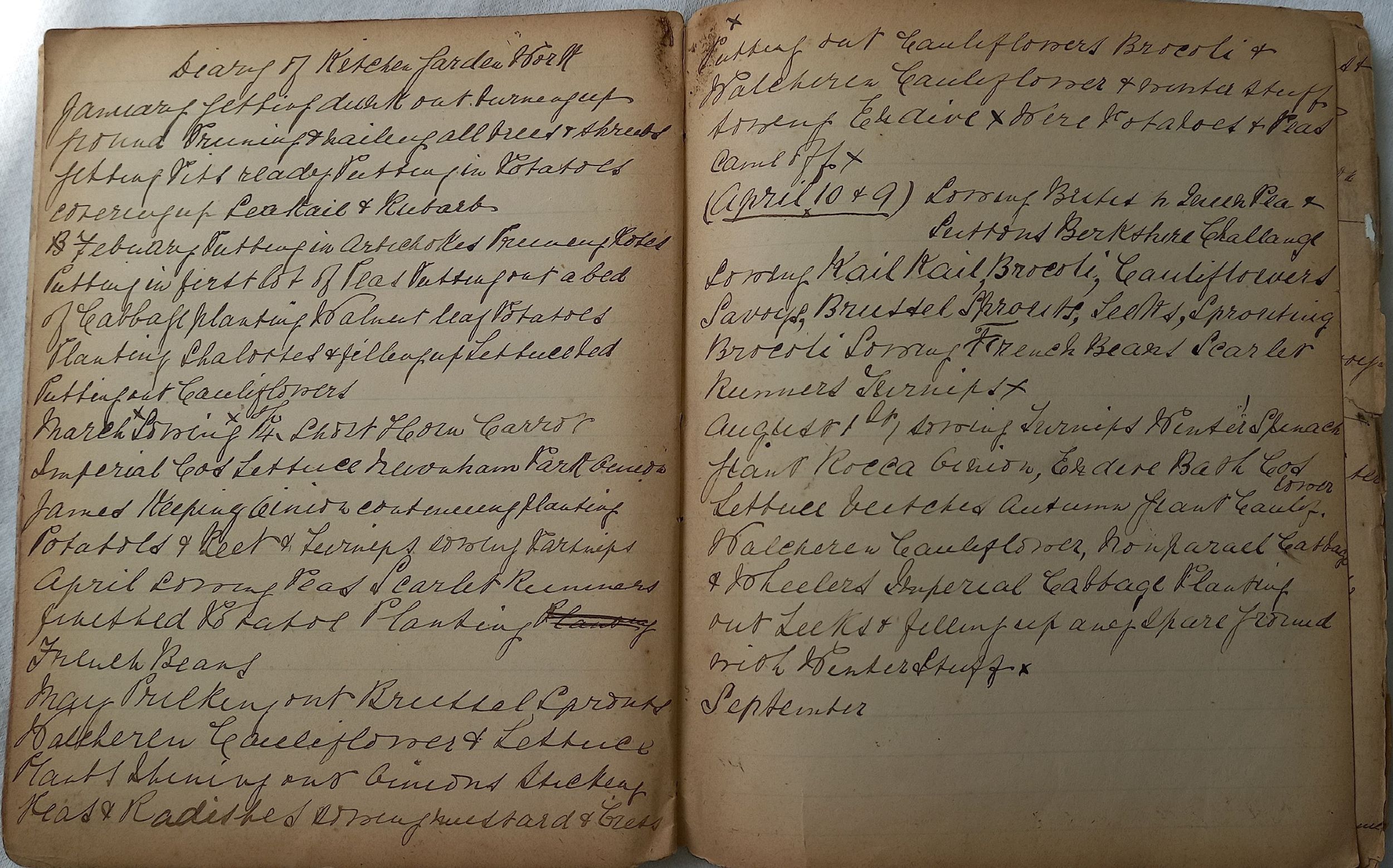
Image credit: Kingston History Centre (ref: KHC/2020/025)
West Sussex Record Office
Frederick Claude Stern (1884-1967), botanist and horticulturalist, records of Highdown Gardens
The Highdown Gardens archive demonstrates the importance of Sir Frederick and Lady Sybil Sterns’ work, their research and plant collecting, as well as their connections with botanists, plant hunters, scientists and even the Royal Family. The collection includes Stern’s plant index cards that comprise detailed notes of different plant species, a series of glass plate negatives, and photographs of many of the plants at Highdown and visitors to the house and gardens from 1918 to 1967.
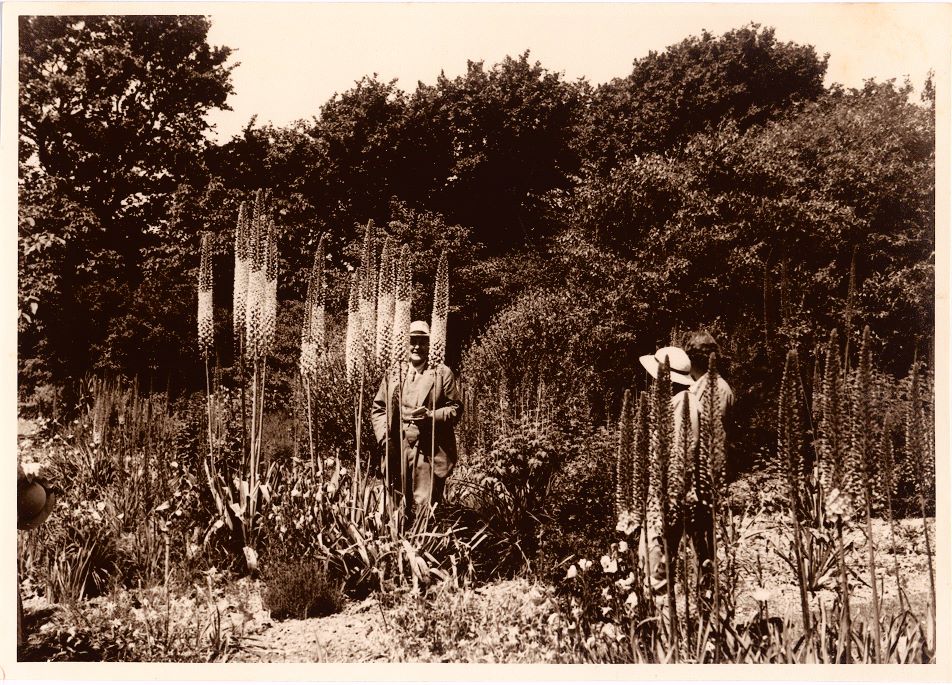
Image credit: West Sussex Record Office (ref: 19802)
Birmingham Archives and Collections
Records of the Growing Histories project (2018-2019), from the Ashiana Community Project, registered charity based in Sparkbrook, Birmingham
The Growing Histories project was created to learn more about small-scale food production in the city, and to discover how popular home vegetable gardening is, what types of fruit and vegetables people grow, and how they benefit from growing their own food. The project aimed to highlight that fruit and vegetable gardening enriches people’s lives in many ways and to encourage Birmingham residents to grow their own food, to give people more opportunities to grow food together and learn from each other.
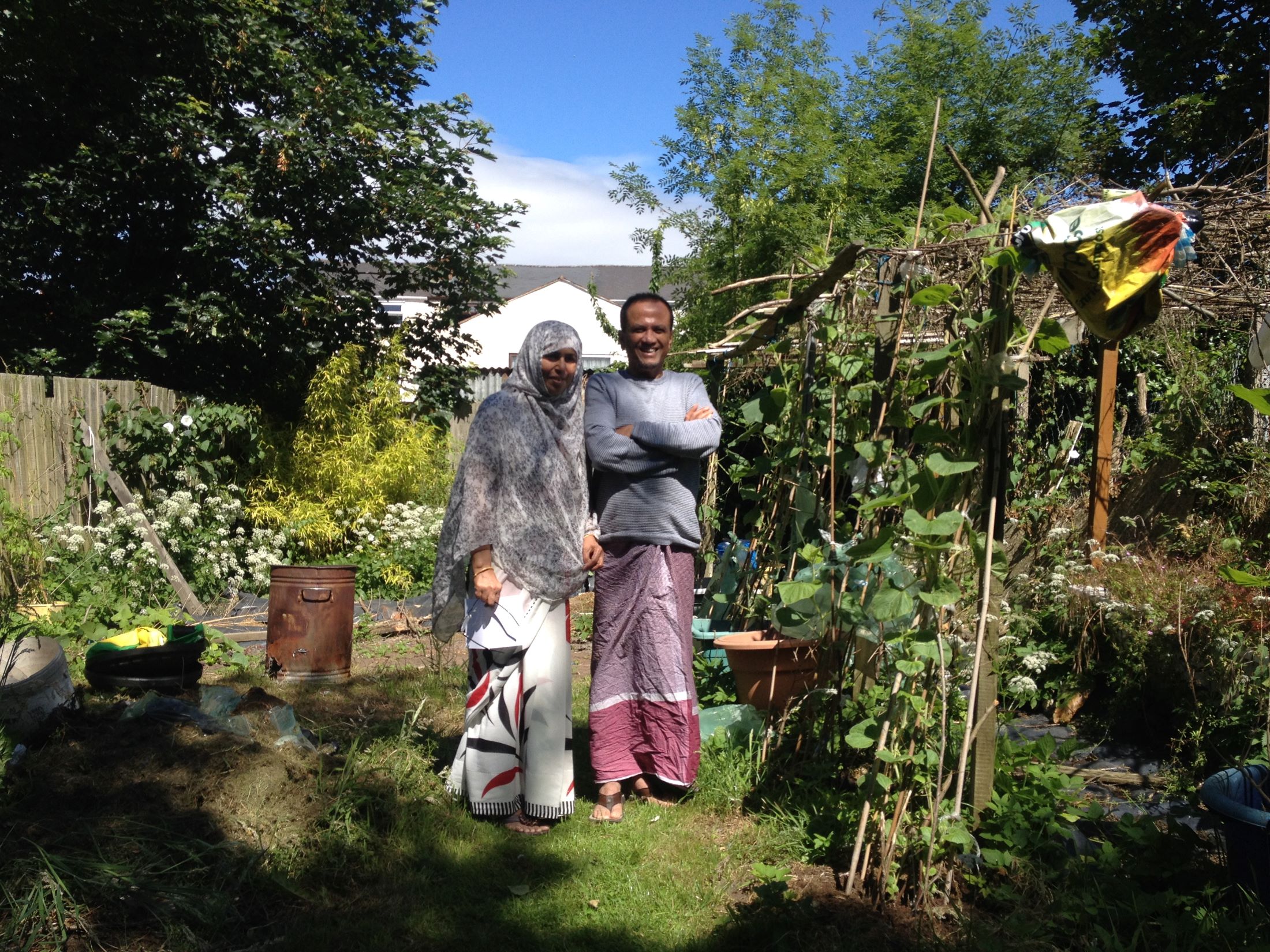
Image credit: Birmingham Archives and Collections (ref: MS 4997 (2020/018))
Other highlights
North Yorkshire County Record Office
Grant by Henry le Scrope, son and heir of Geoffey le Scrope, to Stephen his brother, of the manor of Colburn [1344]
Henry Scrope, 1st baron Scrope of Masham (c.1312-1392), succeeded his father in 1341. He served as soldier, councillor and administrator, in the Scottish campaigns, in Ireland, and in France, under John of Gaunt. First summoned to Parliament in 1350, he became a prominent councillor and served on a number of important diplomatic missions concerning relations with Scotland and France. The grant sheds some light on the descent of the manor at this time, which remains somewhat unclear.
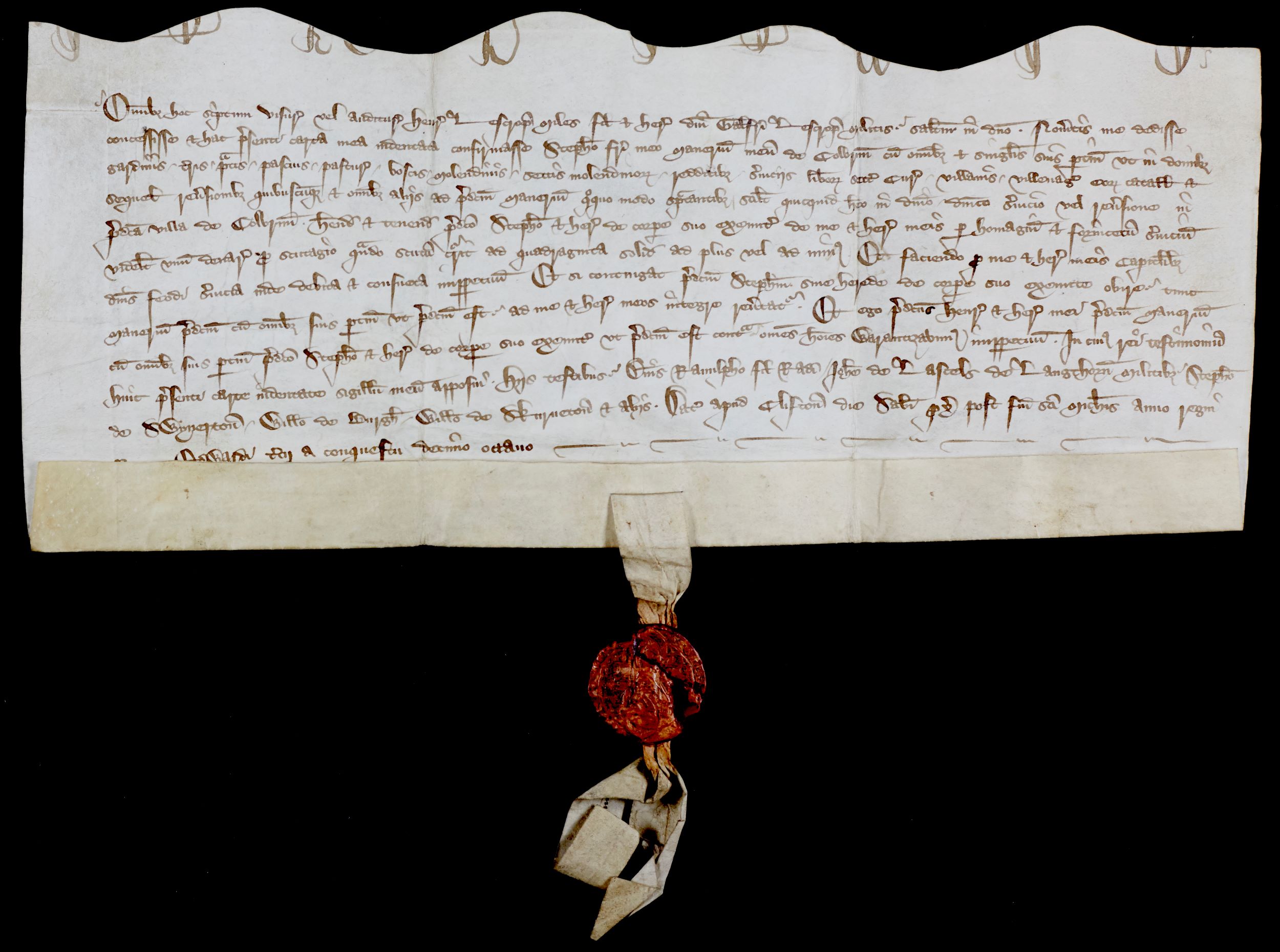
Image credit: North Yorkshire County Record Office (ref: Z.1677)
Wellcome Collection
Medical Lenten sermons of Gabriel Vaca (active 1553), Franciscan friar and author
This is a rare collection of medically themed Lenten sermons intended for delivery throughout the period of Lent, traditionally a time of reflection on human frailty. Throughout the sermons Vaca draws parallels between the treatment and well-being of the soul and that of the physical body. Contemporary medical theory suggested that the physical state of the body reflected the condition of the soul. Unusually, Vaca uses medical detail solely as a point of comparison, rather than as an indicator of spiritual wellbeing. His descriptions of ailments and practical medical procedures encapsulate the shape of thought in this period, in which traditional, humoral understandings of the body sat alongside emerging, empirical approaches to medical science.
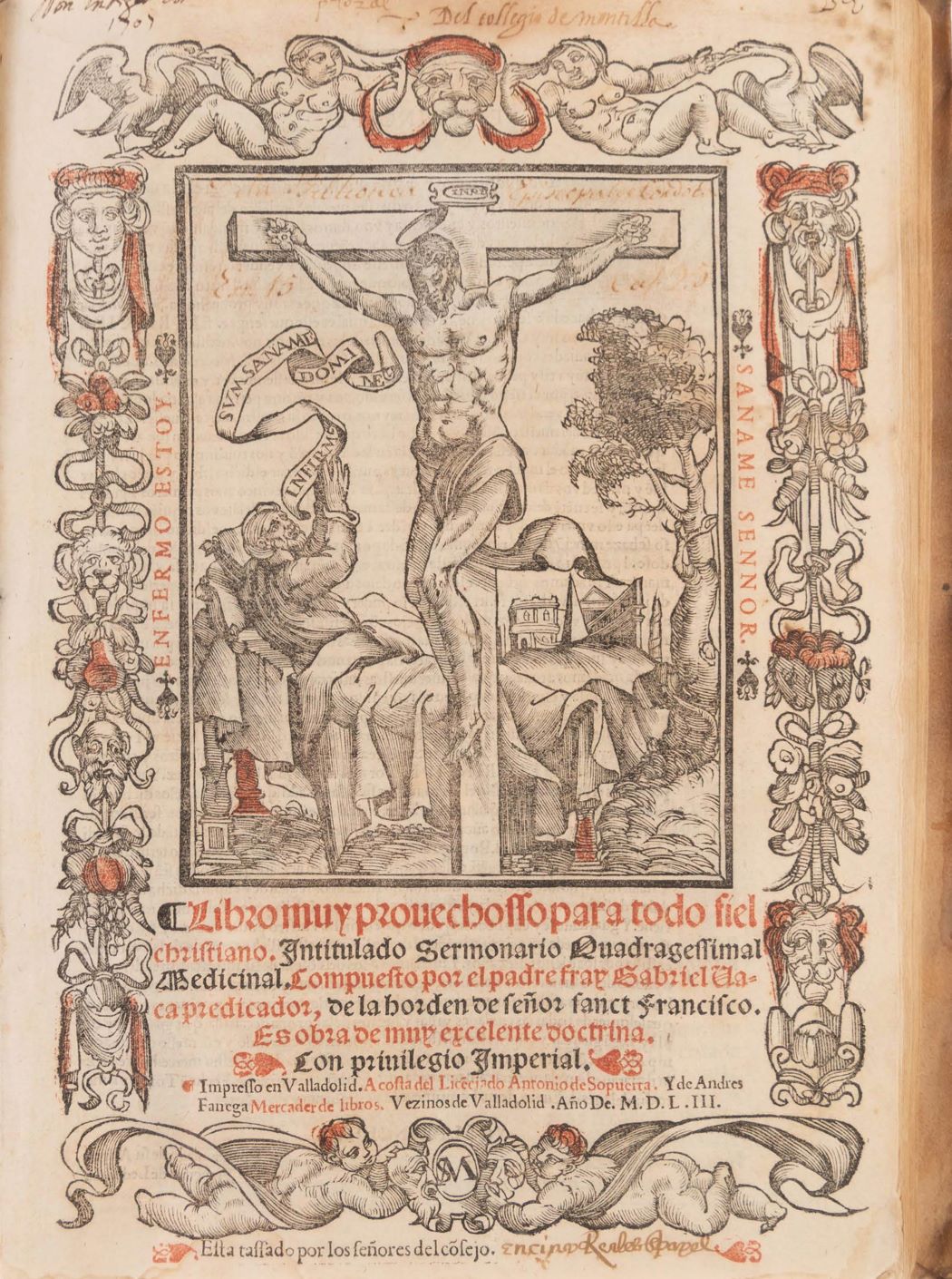
Image credit: Wellcome Collection (ref: MS.9311)
British Library: Western Manuscripts
Collected astronomical and mathematical works of Lewis of Caerleon (died 1495), Welsh physician and astronomer
Lewis of Caerleon was also personal physician to Elizabeth Woodville, Queen of England, and Lady Margaret and her son, later King Henry VII. In 1484, Lewis was arrested for his loyalty to the Tudors. He noted in this manuscript that he continued working on his tables with calculations for lunar eclipses during his imprisonment.
Lewis’s works focus on lunar and solar eclipses and equinoxes, but also deal with mathematical subjects related to astronomy. While his calculations are based on those of earlier leading English astronomers, and he also drew upon the works of Arabic specialists, he did not merely copy their works, but actively improved and expanded on them using his own calculations.
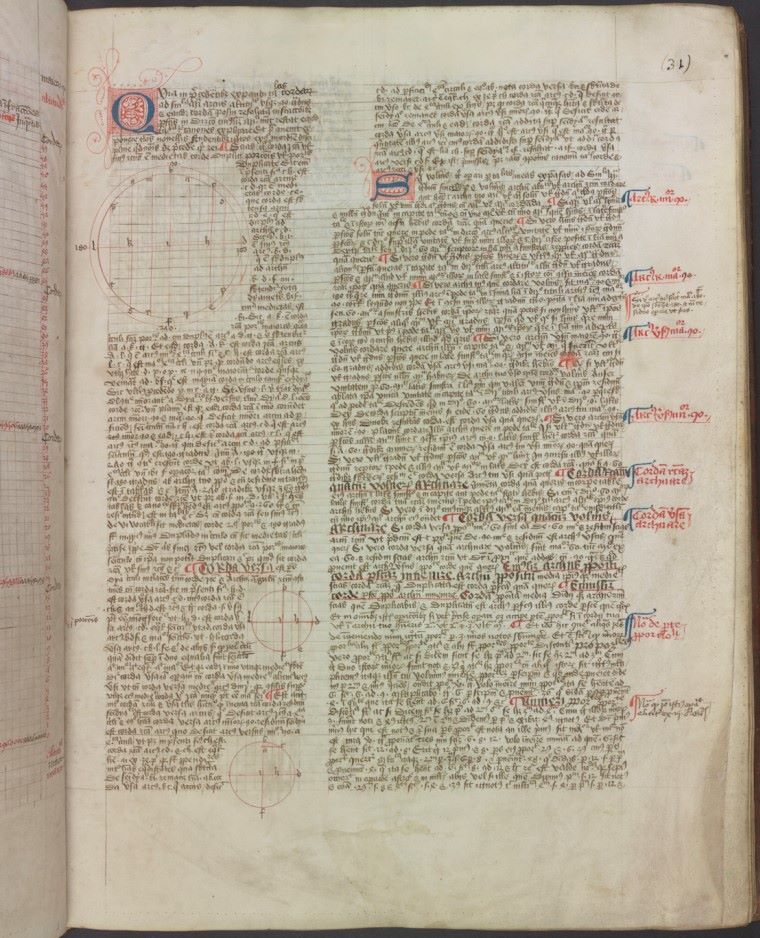
Image credit: British Library Western Manuscripts (ref: Add MS 89442)
Return to Part 1: Introduction
Return to Part 2: Collecting trends